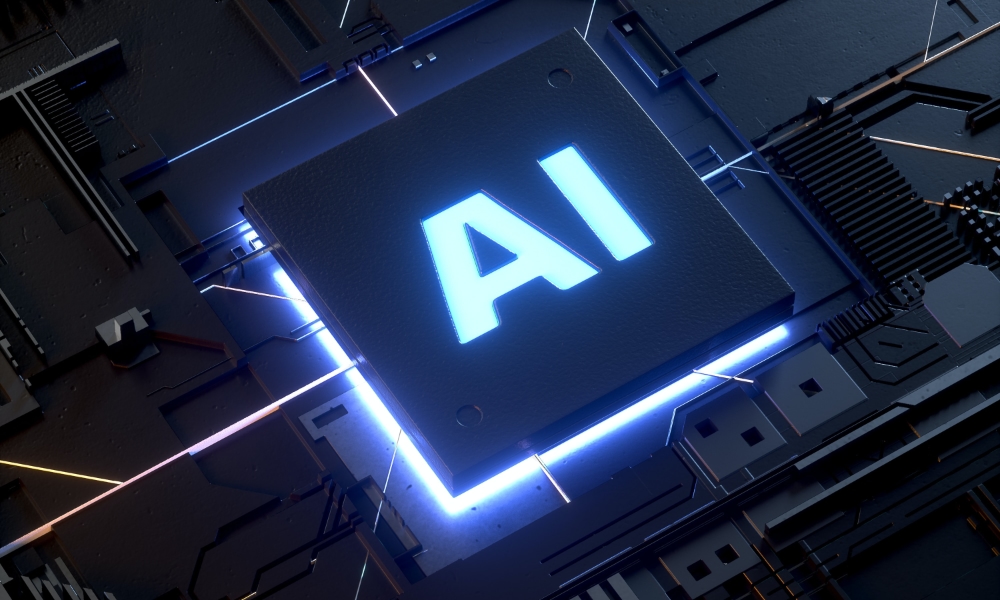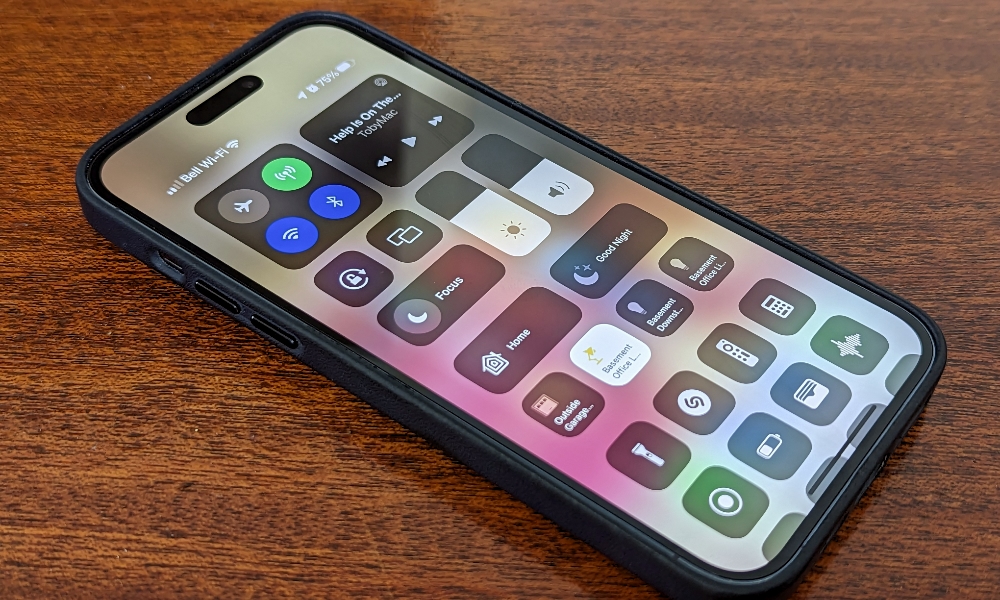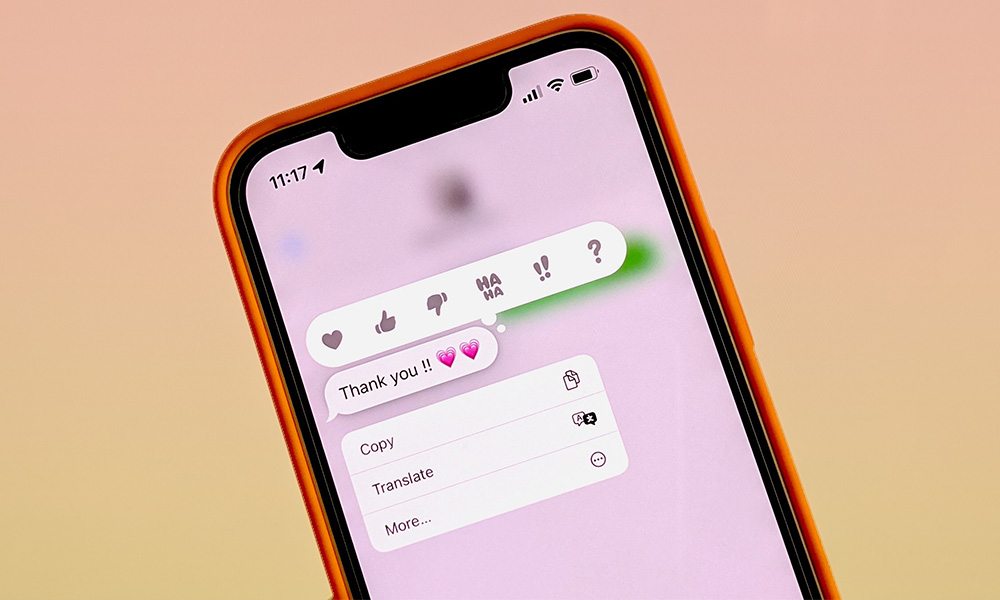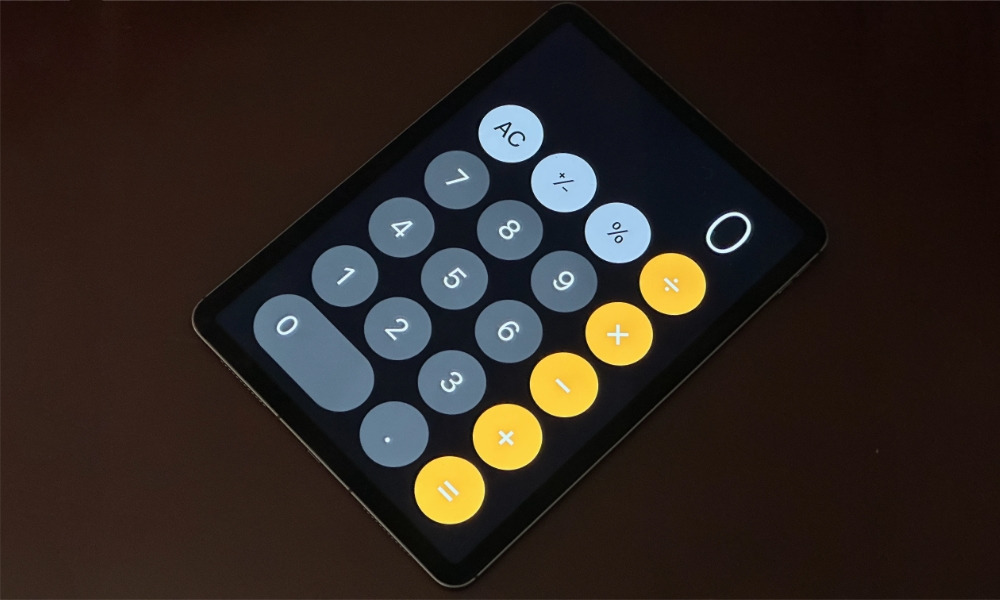The iPhone Isn’t Just Getting AI, It’s Gaining ‘Apple Intelligence’
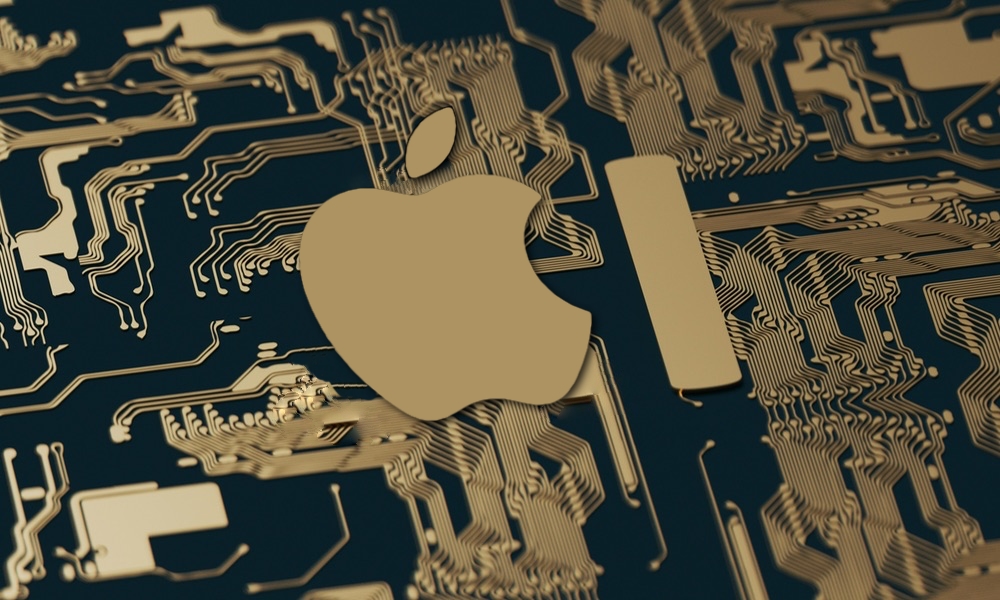 Credit: iDrop News / Unsplash+
Credit: iDrop News / Unsplash+
Toggle Dark Mode
When Apple takes the virtual stage on Monday to show off iOS 18 and the rest of its major platform updates, the key focus is expected to be on new generative AI features. However, it looks like Apple will announce these with its usual spin, dubbing them “Apple Intelligence” to set them apart from what’s effectively become a tech buzzword.
The specific news of this comes from none other than Bloomberg’s Mark Gurman, who has been pretty plugged in regarding Apple’s AI ambitions. However, as John Gruber points out at Daring Fireball, the notion that Apple would use “Apple Intelligence” for AI was initially predicted by Daniel Jalkut on his blog a little over a year ago based on his insight into how Apple typically rolls with these things.
Apple often follows the herd in terms of what they focus their efforts on, but rarely fall into line using the same tired jargon as the rest of the industry. Apple Intelligence will allow Apple to make it crystal clear to the entire world that they’re taking “AI” seriously, without stooping to the level of treating it as a commodity technology.Daniel Jalkut
Jalkut predicted that we’d see “Apple Intelligence” at last year’s WWDC, and while that didn’t happen, the term may have been at the forefront of Apple’s collective mind even then. Of course, it’s not a huge stretch as the letters match up quite nicely, and it also feels very Apple-like for the company to coin its own term for something.
As for what “Apple Intelligence” will encompass, Gurman has shared a whole laundry list of what we can expect, noting that Apple plans to integrate AI into “as many of its apps as possible, in ways that ideally ease the daily lives of customers.” This isn’t about “whiz-bang technology,” Gurman says, but rather “features with broad appeal.” Again, that’s a move we’d fully expect from a company that’s always focused on delivering practical solutions rather than mere features.
The AI features will also have clear delineating lines so users will know what they’re doing and when. They’ll be opt-in and likely positioned as “beta” for their initial launch.

Gurman also reiterates that an iPhone 15 Pro or later will be required to use the new capabilities on an iPhone, while iPads or Macs will need at least an M1 chip. If true, the issue will likely be more about RAM than processing power, as the M1 chip has the same 16-core Neural Engine found on the A14 Bionic that was introduced in the iPhone 12 lineup around the same time. However, only the iPhone 15 Pro boasts the 8GB RAM found in M1 iPads and Macs.
This limitation likely won’t apply to all AI features — only those that require on-device processing. Some will need to be sent to the cloud no matter what device you’re using, in which case there’s no reason why older iPhone models would be able to offload them to the cloud in the same way that an iPhone 15 Pro can. It’s also possible that AI processing that can only be done on-device on the latest models could still be offloaded to the cloud by older ones, similar to what Apple did with on-device Siri and transcription in iOS 15.
However, Gurman predicts the cloud computing aspect will be a sensitive area for Apple, so it plans to take some time during the presentation to “focus on the precautions that the company is taking, including security features on the chips that it’s using in its data centers” and explain that it’s not profiling users or collecting customer data. Since it will be emphasizing on-device processing, there may be AI tasks that it chooses to exclude from devices that don’t meet the requirements rather than relying on the cloud.
As for the features themselves, here’s what Gurman had to say:
- Summarization will be a “major component of the AI push” to let the iPhone recap articles and web pages in Safari, meeting notes, text messages, emails, and more.
- Catch-up will allow the iPhone to recap notifications, “allowing users to quickly absorb what they missed when they weren’t looking at their phones.”
- Reply Suggestions will allow the iPhone to “create fully fleshed-out responses to emails and text messages on behalf of the user.”
- Siri will be at the center of much of Apple’s new Intelligence, getting “a revamp to its voice-control service based on large language models” to deliver “precise control over individual features within apps.” Gurman provides examples such as telling Siri to “delete an email, edit a photo, or summarize a news article.” This will only be available in Apple’s own apps at launch, but it’s expected to come to third-party apps down the road, possibly as soon as an iOS 18 point release early next year, but certainly by iOS 19.
- Xcode will get “a big AI infusion” to help complete code automatically, allowing for more rapid development of iOS and macOS apps. Gurman says Apple is already using it internally, although third-party developers may not see it until next year.
- Mail will gain “a Gmail-like feature that automatically categorizes incoming messages.”
- AI-crated emoji will let users “create custom emoji characters on the fly that represent phrases or words as they’re being typed.” This will provide many more options than the standard Emoji. However, they’ll presumably have to be sent as image files since they’re not part of the Unicode standard, which may limit them to Apple’s Messages and Mail apps and third-party apps that support attaching custom graphics.
- Voice Memos will get what Gurman calls “a much-needed AI infusion” to automatically transcribe recordings, something that Google’s Pixel phones have been able to do for years.
- Photos will also get editing enhancements similar to the Pixel’s Magic Eraser and Magic Editor for improving images or removing people and objects.
While all of these Apple Intelligence features will likely be the most exciting things Apple has to show us, iOS 18 is also expected to get several other quality-of-life improvements, such as a more customizable Home Screen that will let you drop your icons anywhere and even customize their colors. Gurman calls it “the biggest upgrade to the home screen in the iPhone’s 17-year history” — even more significant than when widgets appeared in iOS 14.
The Control Center will get the rumored design update we’ve already heard about, plus a new music widget and an “updated interface for controlling smart home appliances. It may also extend across multiple pages. The Settings app is also being optimized to make it easier to navigate and find things.
The Messages app will gain new effects that can be triggered with individual words, plus colorful Tapback icons and the ability to use any emoji instead of just Apple’s predefined ones, similar to what’s already possible in other messaging apps.
Other apps getting noteworthy updates are Calculator, Calendar, Reminders, Health, and Safari. Calendar will be able to show Reminders, but Gurman says Apple won’t be merging the two apps. Calculator has been “revamped,” but the bigger news will be its arrival on the iPad.
Gurman says Health is paving the way for blood pressure monitoring on the Apple Watch and a hearing-aid feature on the AirPods. However, these likely won’t be announced on Monday as they’ll be tied to future hardware products, and no new hardware announcements are expected before the fall.
[The information provided in this article has NOT been confirmed by Apple and may be speculation. Provided details may not be factual. Take all rumors, tech or otherwise, with a grain of salt.]


